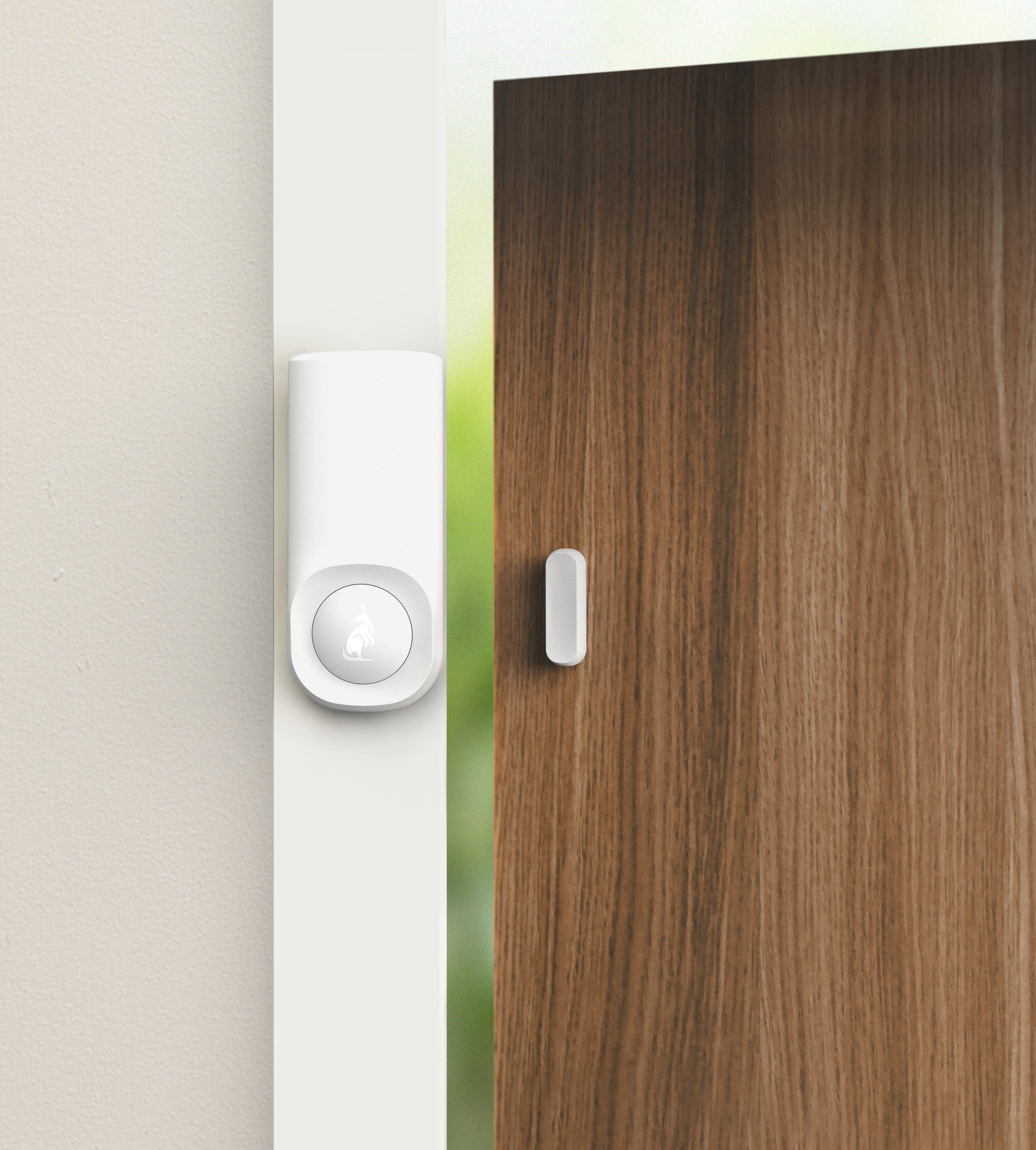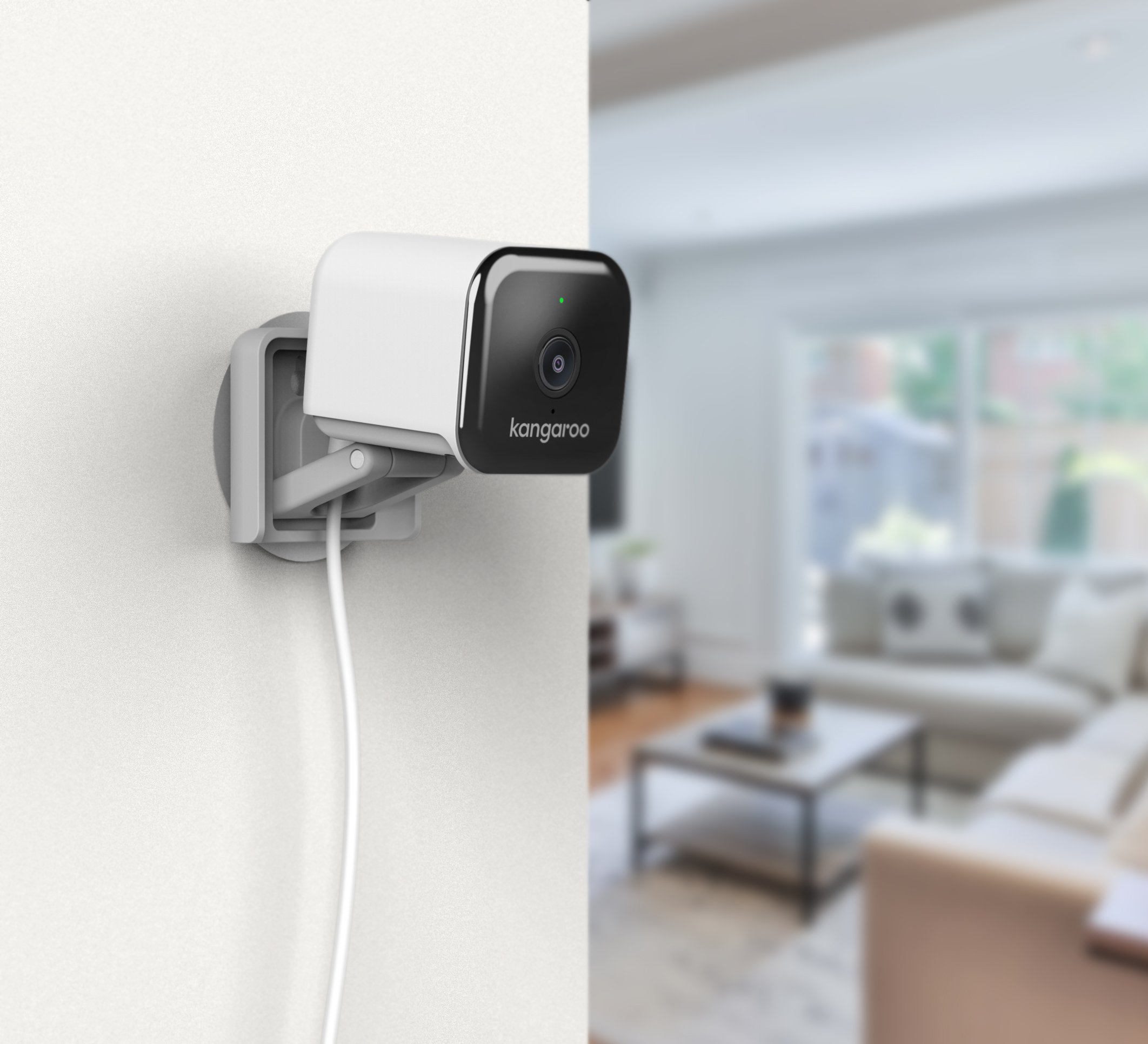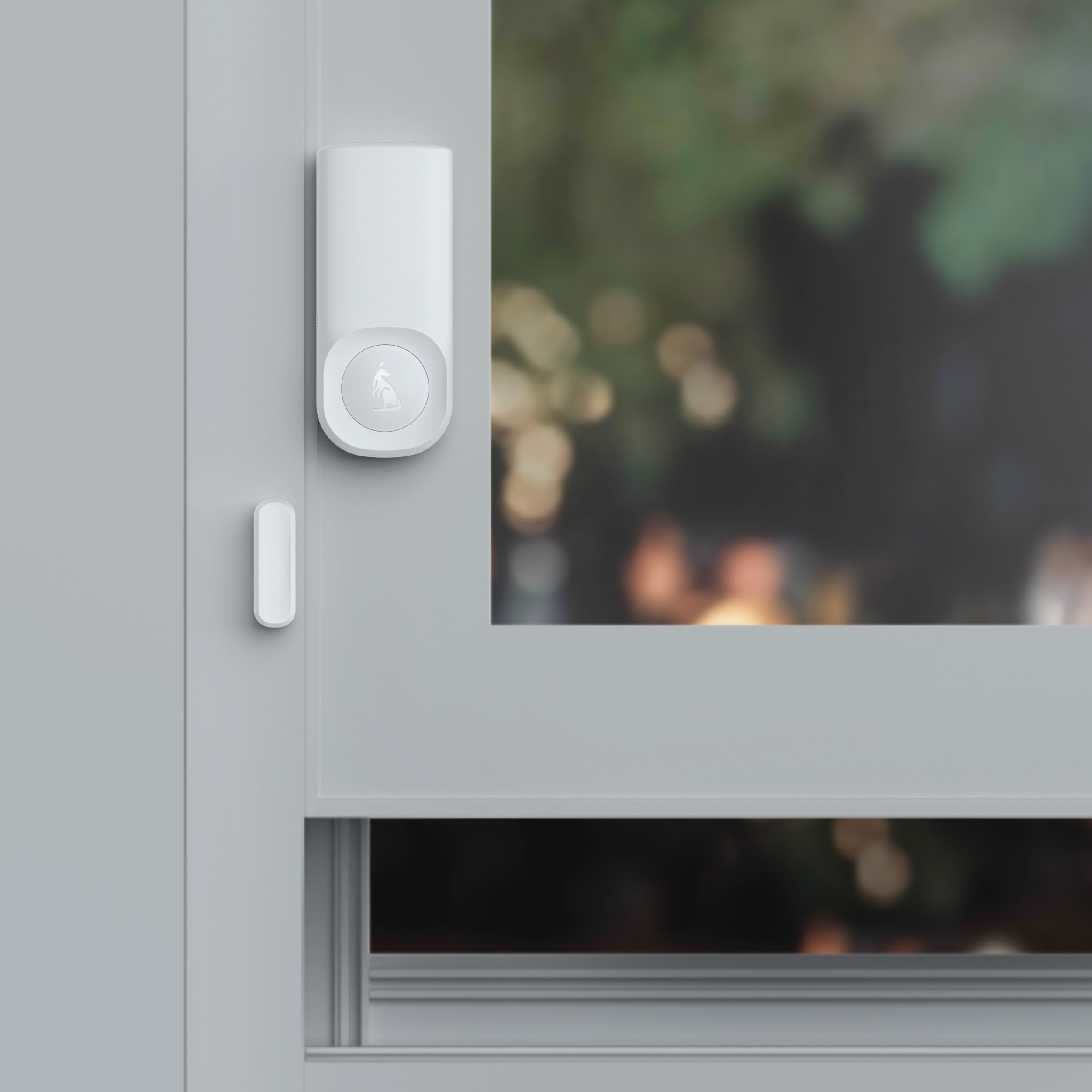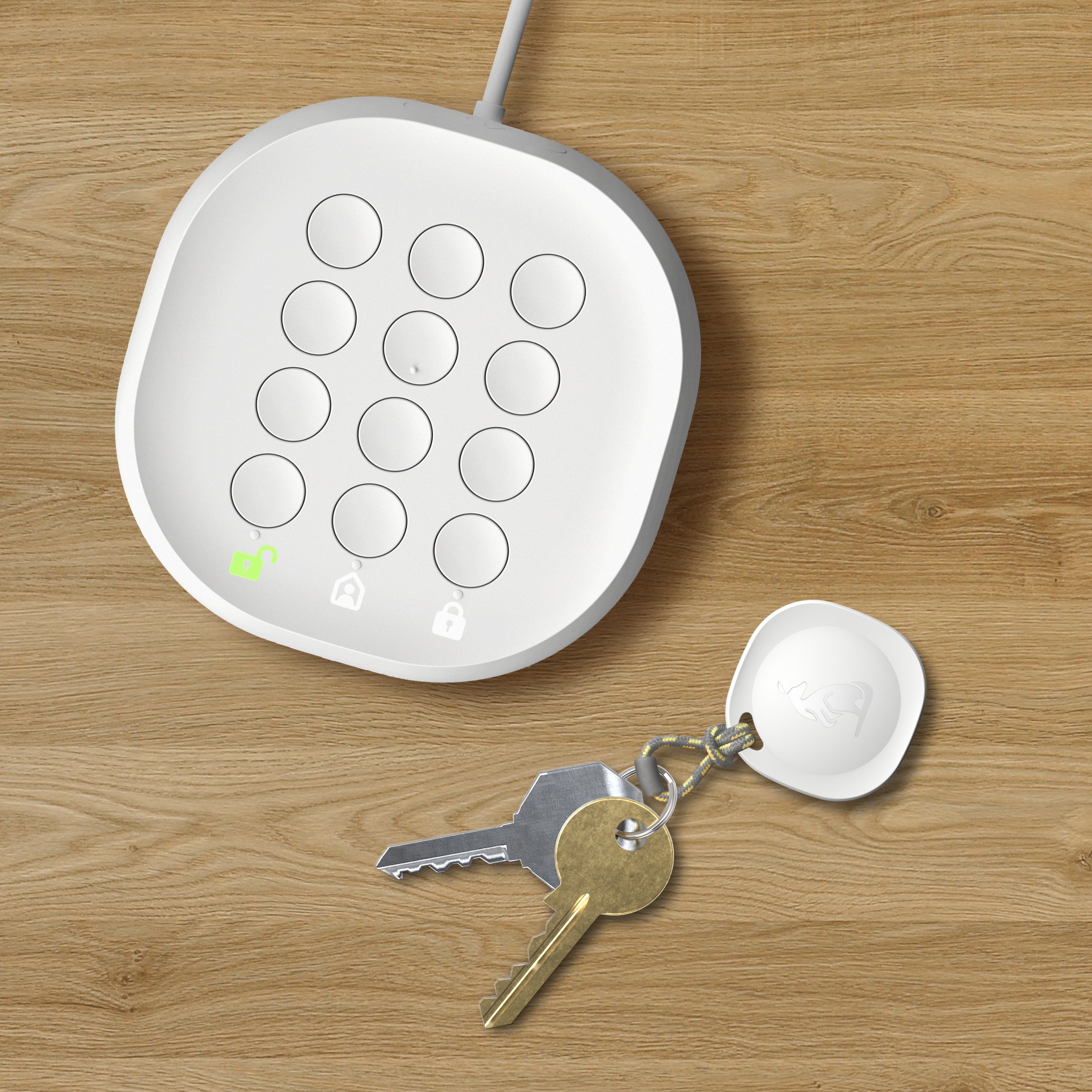How to Stop Burglars from Breaking Into Your Apartment
Living in an apartment rocks! It's close to everything and has a fun community feel. But sometimes, you might worry about break-ins. Don't sweat it! Here are some easy ways to make your apartment a tough nut to crack.
Understanding Burglars' Playbook: How to Stop Burglars
Before the Break-In: Studying the Target
Just like detectives, burglars often gather intel before striking. Here's how they might assess your apartment:
Casing the Joint: Burglars may casually observe your routines, noting when you leave and arrive. They might check for unlocked doors or windows while pretending to be lost or making deliveries.
Do Burglars Target Apartments? Yes, burglars often target apartments due to ease of access or predictable routines.
Open Invitations: Unlocked doors or windows are like flashing neon signs to a burglar. Double-check that all entry points are secure before leaving your apartment, even for a short errand. Leaving spare keys under the doormat or in a predictable hiding place is a big no-no! Invest in a lockbox with a combination code if you need to provide access to someone while you're away.
Gaining Entry: Tricks of the Trade
Knowing their preferred methods of entry can help you fortify your defenses:
The Easy Way In: Believe it or not, unlocked doors and windows are a burglar's dream.
Beyond the Obvious: Don't underestimate hidden entry points like basement doors, fire escapes, or shared balconies that lead to your apartment.
Forced Entry: While some burglars prefer a non-confrontational approach, others might resort to forceful entry methods like breaking windows or prying open doors.
Make Break-Ins Tough!
Reinforce Your Doors: Upgrade your doors with high-quality deadbolt locks, requiring a house key on both sides for entry. This significantly increases the difficulty of a break-in.
Secure Every Entry Point: Don't just focus on the front door. Every window and door (including back doors and those leading to balconies or fire escapes) needs a secure lock. Consider window locks or security bars, especially on ground-floor apartments.
Light Up the Night: Exterior lights with motion sensors near your entrance and back door deter burglars who prefer to operate in the dark. A well-lit apartment building discourages them from even considering your home. Talk to your landlord if the building's exterior lighting needs improvement.
Invest in a Security System: A home security system with a burglar alarm is a significant deterrent. These systems often include features like door and window sensors, security cameras, and even smart locks.
Beware the Hiding Place: Don't hide a spare key outside your apartment – a thief could easily find it! If you need a spare key for someone to access your apartment while you're away, consider a lockbox with a combination code
Smart Security Solutions
Modern advancements offer fantastic tools to bolster your apartment's security:
Home Security Systems: Consider installing a comprehensive home security system. These systems often include features like door and window sensors, which trigger an alarm if an entry point is tampered with. They can also be linked to security cameras, providing valuable footage in case of a burglary (a crime where someone breaks in to steal things).
Smart Locks: Ditch the worry of losing your house key! Smart locks allow you to lock and unlock your door remotely using your smartphone. This eliminates the need for hiding a spare key (a copy of your house key) in a predictable place, a tactic easily discovered by burglars.
Security Cameras: Install security cameras with night vision capabilities at strategic entry points. These cameras can deter burglars and provide crucial evidence to the police if a break-in occurs.
Kangaroo to the Rescue: Smart Security for Your Apartment
Kangaroo knows apartments are different. Our security systems are easy to set up yourself and don't need a fancy contract, perfect for renters. Here's how Kangaroo helps:
Door & Window Sensors: Watch your doors and windows. If a door or window opens when it shouldn't, the app will send you a message right away on your phone!
Loud Alarm: The Kangaroo Smart Siren goes off like a fire alarm if a sensor goes off or you set it from your phone app. This scares burglars away!
See It All: Check on your apartment anytime, anywhere with Kangaroo's live video feed. It even records stuff when it senses movement, so you can see what happened if someone tries to break in (a home invasion).
Easy to Set Up: No drilling or complicated wiring needed! Kangaroo sensors stick on easily to your door frame, so you can put them wherever you want.
Choose Your Protection: Kangaroo has different plans to fit your needs. You can watch yourself or add professional monitoring for extra help from a security company.
What Customers Are Saying About Kangaroo
Here’s what some customers have to say about their experiences with these innovative security devices.
We Had Burglars Arrested!
Recently, men in gloves tried to go through our car at 4 a.m. The Kangaroo alarm woke us up, and we saw the burglars on our security cameras. We called the police, who responded quickly and arrested them. Thank you, Kangaroo! I’ve told all my friends about this product. It works!
— Kingsman, Verified Amazon Purchase
Inexpensive and Effective!
I bought five motion detectors, and they worked perfectly out of the box. One day, a friend entered our house while we were away, and we both received alerts on our phones. Our alarms went off, and we checked the footage to see our friend arriving. This saved us from contacting a security agency or paying monthly fees. In just two minutes, we resolved the situation.
— Dan, Verified Amazon Purchase
Works Beyond Expectations!
I purchased the Kangaroo Doorbell Camera with Chime and loved it! I added a motion sensor to my mailbox at the end of the driveway, and it works well beyond the 15-foot range. Now, I get notifications on my phone when my mail arrives. The app was easy to install, and the instructions were excellent.
— StarH, Verified Amazon Purchase
When the Worst Happens: Home Break-In—Don’t Panic!
Being the victim of a home burglars is a frightening experience. Your first instinct might be to panic, but staying calm and taking the right steps can help ensure your safety and aid the police investigation. Here's a step-by-step guide to navigate this stressful situation:
Step 1: Ensure Your Safety
If you're still inside: Don't confront the intruder! Your safety is paramount. If possible, silently escape the house and call the police from a safe location like a neighbor's house.
If you're outside: Don't enter the house if you suspect someone is still inside. Wait for the police to arrive.
Step 2: Call the Police Immediately
Dial 911 (or your local emergency number) and report the break-in.
Be clear and concise. Inform the dispatcher that you believe there has been a break-in and you are not at home (or are safely outside if you are).
Provide your address and a description of the situation, including any details you might have about the intruder (appearance, escape route).
Step 3: Secure the Scene (Once the Police Are On Their Way)
Do not enter the house: The intruder might still be inside, or you could disturb valuable forensic evidence.
Wait outside for the police to arrive.
If possible, keep an eye out for the intruder's escape route. This information can be helpful for the police.
Step 4: Cooperate with the Police
Once the police arrive, answer their questions honestly and to the best of your ability.
Provide details about anything that seems stolen or out of place.
Allow the police to thoroughly investigate the scene and collect evidence.
If you have a home security system, provide the officers with any relevant footage.
Step 5: Document the Damage
Once the police have given you the go-ahead, take photos or videos of the damage to your property.
Create a list of all the stolen items, including descriptions and estimated values (receipts if possible) for insurance purposes.
Step 6: Secure Your Home
After the police have completed their investigation, take steps to secure your home.
Change the locks (consider consulting a locksmith if necessary).
Ensure all windows and doors are locked and functioning properly.
Consider boarding up any broken windows as a temporary security measure.
Step 7: Take Care of Yourself
A break-in can be a traumatic experience. Seek emotional support from friends, family, or a therapist if needed.
Contact your insurance company to file a claim.
Review your home security measures and consider making improvements to prevent future incidents.
Remember:
Do not confront the intruder.
Prioritize your safety and the safety of others.
Contact the police immediately.
Do not disturb the crime scene.
Document the damage and stolen items.
Secure your home and seek emotional support if needed.
By being aware of these facts and taking steps to secure your home, you can significantly reduce your risk of becoming a victim of a break-in. Remember, a little prevention goes a long way in protecting your home and your peace of mind.
Did You Know?
Most break-ins (65%) actually happen during the daytime, between 6 am and 6 pm, when people are typically at work or school? So while nighttime security is important, don't forget to secure your home throughout the day too!
Q&A: Protecting Your Apartment from Burglars
Your Questions Answered!
-
Apartments are often targeted by burglars because they can offer ease of access, predictable routines, and shared spaces like hallways and fire escapes. Installing a home security system, like those offered by Kangaroo Home Security, can be an effective deterrent.
-
Ensure every door lock and deadbolt is secure. Lock all entry points, including the back door and windows, even when you're home. Use a burglar alarm or security system to monitor your apartment. Avoid hiding a spare key outside; instead, use a lockbox. Build a relationship with your neighbors to keep an eye out for unusual activity.
-
Stay calm and prioritize safety. Do not enter the apartment if the thief might still be inside. Call the police immediately to report the home invasion or burglary. Document any damage, such as a broken window, and list stolen items for the police and insurance. Contact a locksmith to secure compromised locks or install new door locks and deadbolts.
-
A home security system acts as a deterrent by alerting you and authorities to suspicious activity. Features like door and window sensors, live video feeds, and loud alarms can scare off burglars and provide evidence in the event of a home invasion. Kangaroo Home Security offers affordable and renter-friendly options for comprehensive protection.
-
Neighbors are valuable allies in preventing crime. By watching out for each other and reporting suspicious activity, they can help deter potential burglars. Open communication and shared vigilance strengthen your community’s overall safety.
-
Many break-ins occur due to unlocked doors or windows, which make it easy for a burglar to gain entry. A locked door, reinforced with a deadbolt, significantly increases the difficulty of a break-in, protecting your home and belongings.
-
Kangaroo Home Security provides easy-to-install solutions, including alarm systems, door sensors, and cameras. These systems are ideal for renters and homeowners alike, offering both peace of mind and a strong deterrent against burglars.











